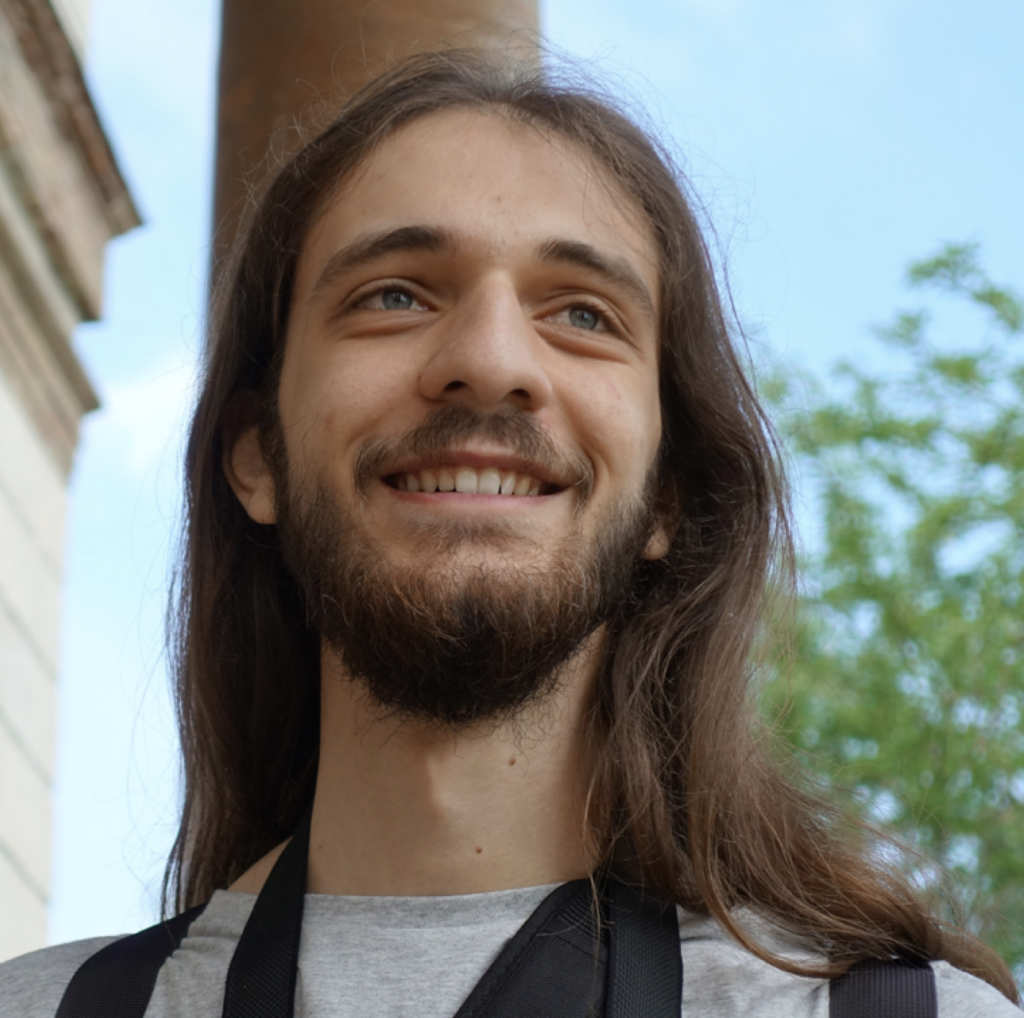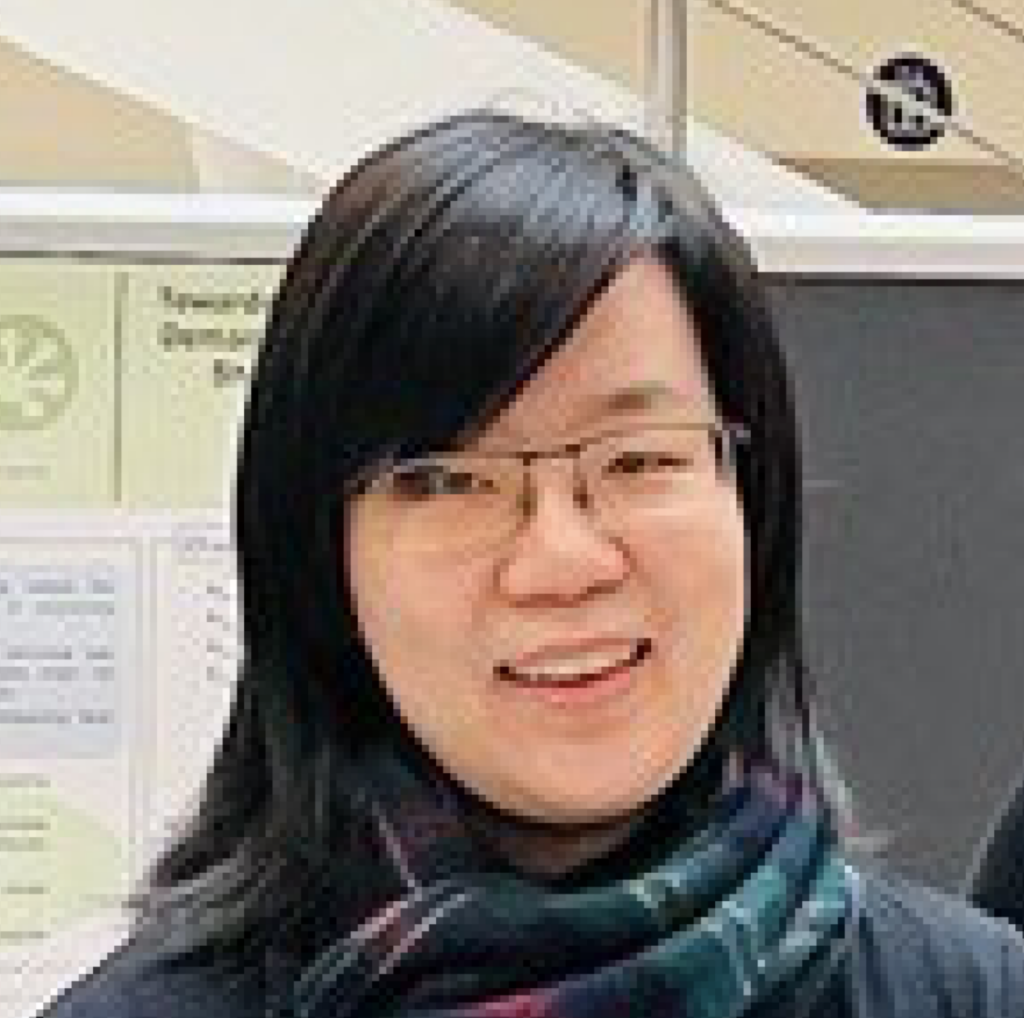
GECKO focuses on accountable, responsible, and transparent artificial intelligence to address urgent environmental needs and achieve the European Green Deal ambition, ensuring that all citizens benefit from the sustainable green transition.
To increase trust in artificial intelligence (AI), a European Commission report highlights the need for civil society to discuss values embedded in AI and responsible design practices that encode societal values and recommendations. Although accountable, responsible and transparent AI is a promising method for the EU, it is not yet mature, requiring new research skills to bridge the gap between disciplines. The EU-funded GECKO project will focus on the European Green Deal and AI ecosystem, making the sustainable green transition advantageous for all citizens. The project will establish a pioneering integrated research programme based on a synergy between science, humanities and technology, which will give the EU a global competitive advantage.
GECKO (Grant number 955422) brings together the latest scientific advances, establishing a unique synergy between the social sciences, information sciences, and engineering. Based on a deep understanding of how people interact with technology, in their homes and outside, GECKO will develop a unique end-to-end methodology for designing AI that goes far beyond state of the art. By designing AI from a user perspective, GECKO will prevent the limitation of current technologies where AI reasoning and outcomes could easily be harmful, emotionally offensive, and damaging to the wider society and economy.
Approach
GECKO will target AI to explore alternative methods and build ML models, drawing on the latest developments in information and social sciences using sustainable living labs and creating ‘virtual labs’ via crowdsourcing. For example, GECKO will leverage explainable artificial intelligence (XAI), preventing biased outcomes, learning to explain, exploring ambiguity in coding, analyzing co-scripting technology, and embedding causal inference in social systems through causal modeling. An interdisciplinary methodology will be adopted to tackle the most prominent application example driver, where ML & social science must be considered together: addressing urgent sustainability and energy efficiency needs, where a responsible AI decision support technology must embed social science understanding of people’s actions and how they interact with technology.
Motivation and Opportunity
EU GDPR’s Article 12 in current regulations allows individuals to enquire about AI system decisions. Thus, providers must be in a position to explain the outcomes of their technology. Responsible and explainable AI is much more than ticking ethical ‘boxes’ as it goes deep into how much autonomy is given to a machine and how the machine will ossify and reinforce the initial values of the designers during the evolving process of ML. Therefore, AI design should be robust, from both technical and social perspectives, since even with good intentions, AI systems can cause unintentional harm. With this in mind, GECKO will focus on sustainability in relation to households, where the decisions made by AI can significantly and directly affect people.
GECKO will embed low-energy outcomes into connected home technology (CHT) designs through interdisciplinary co-creation, working directly with technology users through sustainable living labs and virtual labs. GECKO capitalizes on significant EC efforts in developing a local ecosystem of AI skill sets but augmenting AI practices towards strong evaluation, transferability, and accountability.
GECKO will bridge the discipline gap and explore advanced AI designs that consider technological, ethical, and social science angles, embedding non-quantifiable data into ML models and making them accountable, responsible, interpretable, and bias-free. With the new European Green Deal targets, GECKO’s unique AI design approach will serve as a major driver toward the first climate-neutral continent. Since GECKO addresses a topic that will continue to be groundbreaking in the long term, the aim is to establish a sustainable, European-wide network for interdisciplinary AI research.




Supervisors
The Consortium that supervises the 15 Marie Curie Early Stage Researchers is a group of highly reputable academic and industrial partners from across Europe. The Consortium consists of universities, research institutes, and private companies that provide the necessary expertise and resources to support the research activities of the Early Stage Researchers. The Consortium partners are leaders in their respective fields and have a strong track record of research excellence, innovation, and collaboration. They play a vital role in providing Early Stage Researchers with the necessary guidance and mentorship to ensure the success of their research projects.
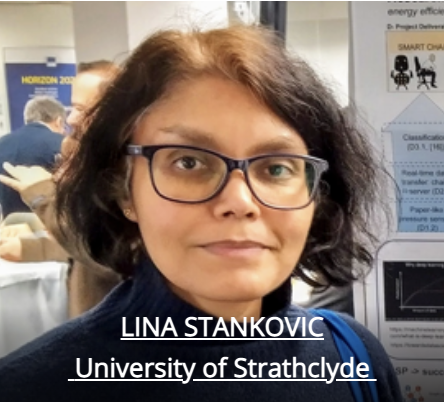
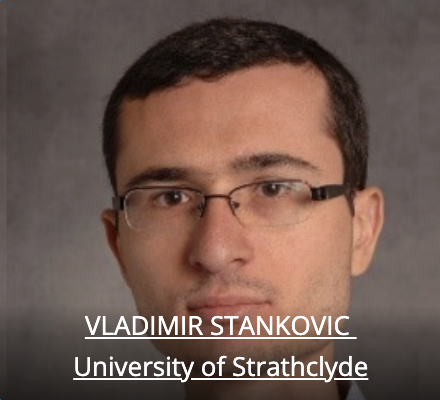






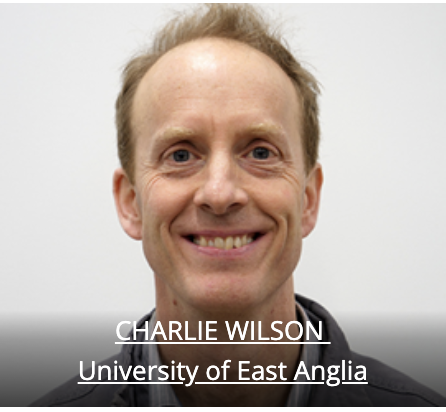
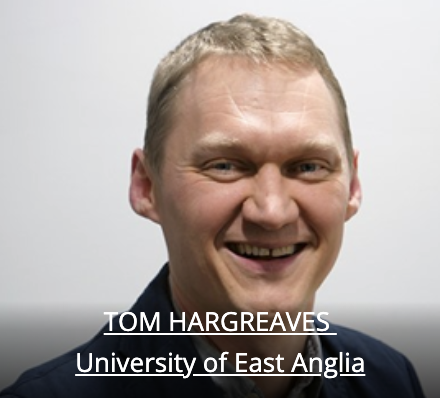





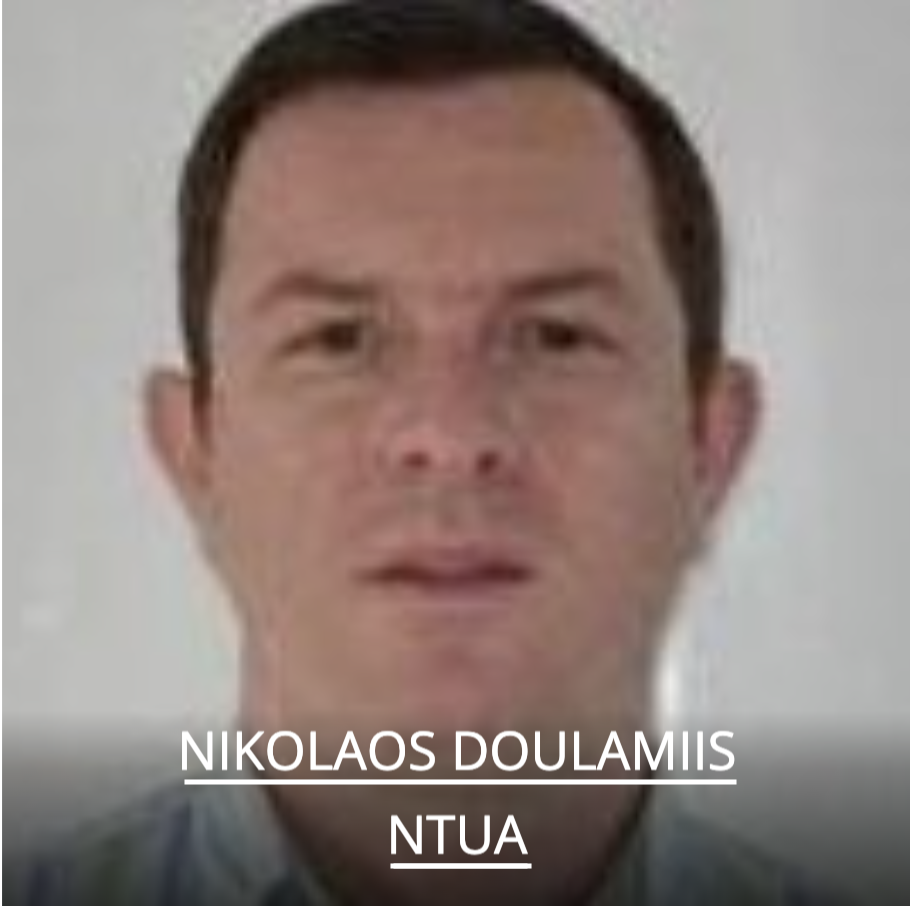
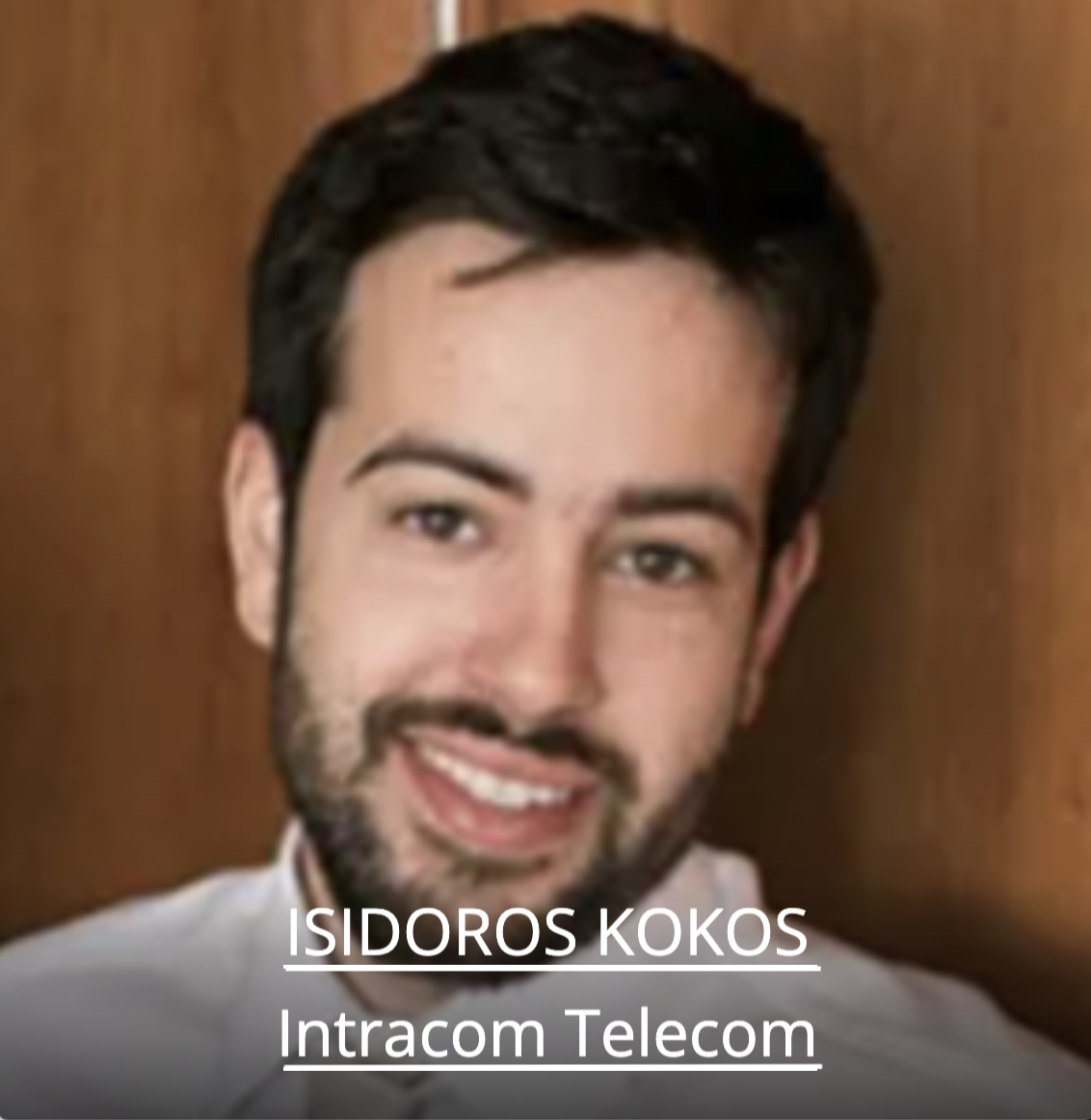




Researchers
The 15 Marie Curie Early Stage Researchers are a group of young and talented researchers who have been awarded fellowships under the prestigious Marie Skłodowska-Curie Actions program of the European Union. These researchers, selected from a highly competitive pool of applicants, are pursuing cutting-edge research in various fields across European institutions. They represent the future of science and innovation, and their work has the potential to significantly contribute to the advancement of knowledge and the betterment of a sustainable society.

